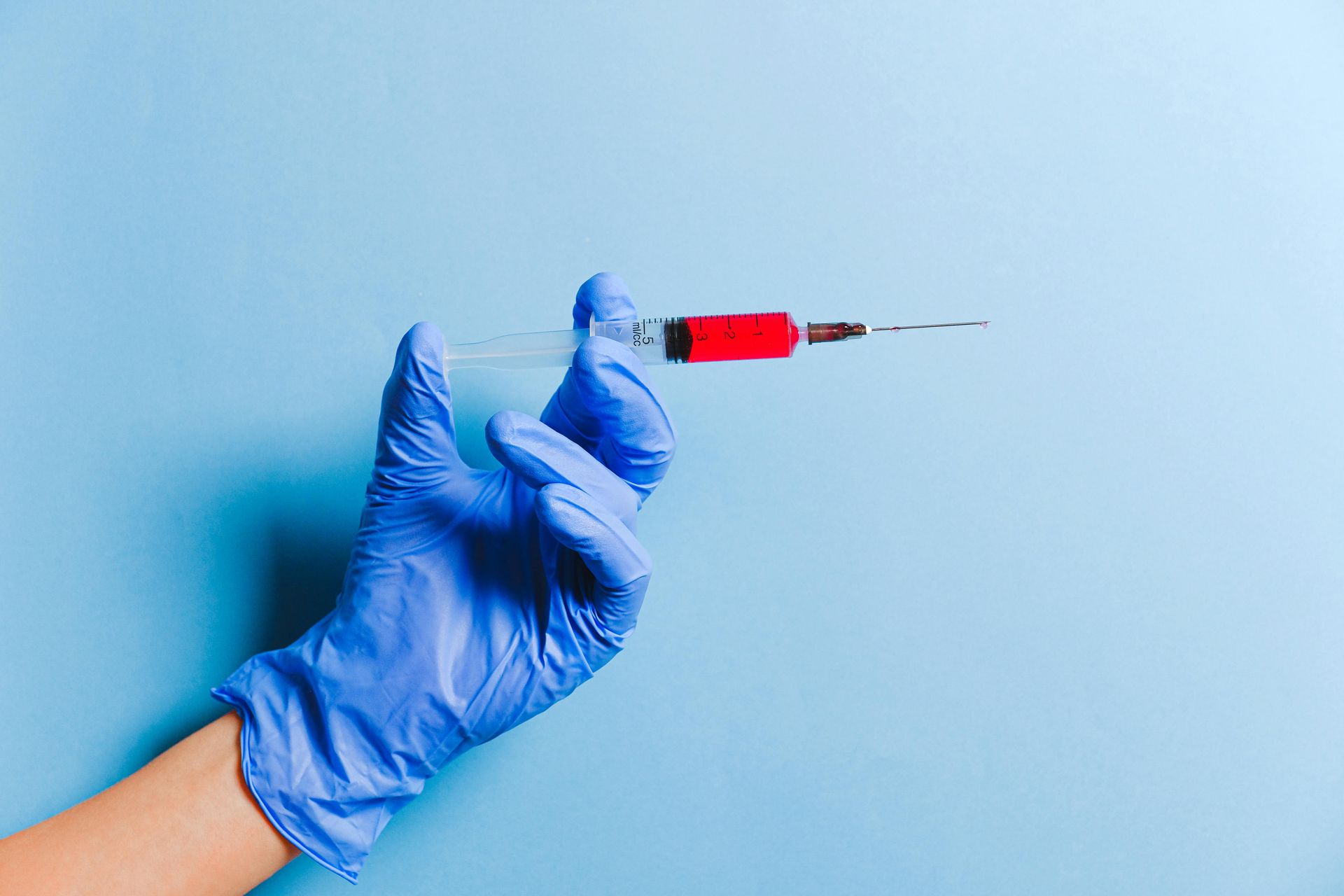
What is the Treatment for Heart Failure?

Heart failure occurs when the heart is not able to pump enough blood out to the body. This can cause symptoms such as swelling, coughing, or shortness of breath.
If your doctor determines you have heart failure, they will discuss the proper treatment for your heart failure with you.
Treatment for heart failure may include a combination of lifestyle changes, medications, or surgery.
Lifestyle changes that you can make to help better manage your symptoms of heart failure include:
- quitting smoking
- losing weight
- tracking your fluid intake
- avoiding alcohol
- avoiding or limiting caffeine
- exercising
- decreasing your stress
- monitoring your blood pressure
- getting adequate rest
- eating a heart healthy diet
- avoiding other illnesses such as the flu or pneumonia with vaccinations
Your provider may also manage your heart failure with medications. Studies have shown several classes of drugs are best to treat heart failure, help prolong life, and improve heart function. Below is a list of drugs commonly prescribed to treat heart failure.
- Angiotensin-converting enzyme inhibitors (ACE)
- Captopril (Capoten)
- Enalapril (Vasotec)
- Fosinopril (Monopril)
- Lisinopril (Prinivil, Zestril)
- Perindopril (Aceon)
- Quinapril (Accupril)
- Ramipril (Altace)
- Trandolapril (Mavik)
- Angiotensin II Receptor Blockers
- Candesartan (Atacand)
- Losartan (Cozaar)
- Valsartan (Diovan)
- Beta Blockers
- Bisoprolol (Zebeta)
- Metoprolol succinate (Toprol XL)
- Carvedilol (Coreg)
- Carvedilol CR (Coreg CR) Toprol XL
- Aldosterone Antagonists
- Spironolactone (Aldactone)
- Eplerenone (Inspra)
- Hydralazine and Isosorbide Dinitrate
- Hydralazine and isosorbide dinitrate (combination drug) - (Bidil)
- Diuretics (Water pills)
- Furosemide (Lasix)
- Bumetanide (Bumex)
- Torsemide (Demadex)
- Chlorothiazide (Diuril)
- Amiloride (Midamor Chlorthalidone (Hygroton)
- Hydrochlorothiazide or HCTZ (Esidrix, Hydrodiuril)
- Indapamide (Lozol)
- Metolazone (Zaroxolyn)
- Triamterene (Dyrenium)
Your doctor will talk to you about what medications are best for you to treat your heart failure.
Surgery: If your heart failure is more severe, your doctor may recommend a heart procedure or surgery.
Below is a list of heart procedures and surgeries that may be done for your heart failure.
- Implantable Cardioverter Defibrillator (ICD): This is a device that is surgically placed that will deliver a shock to your heart if it detects any life-threatening abnormal rhythms. This may be recommended if you have severe heart failure or a serious abnormal heart rhythm.
- Cardiac Resynchronization Therapy (CRT): Heart failure can lead to the development of an abnormal conduction of the heart’s electrical system, which changes how efficiently and effectively the heart beats. If this happens, your doctor may recommend CRT. In this procedure, a pacemaker is inserted that makes the ventricles contract more normally which has shown to improve the heart function and reduce hospitalizations.
- Left Ventricular Assist Device (LVAD): A LVAD is a battery-operated mechanical pump-like device that is surgically implanted to help maintain the pumping ability of your heart. This device is used for patients whose hearts can no longer effectively work on their own. Previously, these were used primarily for patients who were waiting for a heart transplant but are now also being used more long-term in end-stage heart failure patients when a heart transplant is not an option.
- Heart Transplant: A heart transplant may be recommended for patients who have severe heart failure that can no longer be managed with medications and lifestyle changes. In this surgery, surgeons replace the patients damaged heart with a healthy heart from a donor who has been declared brain dead.
- Percutaneous Coronary Intervention (Angioplasty): If heart failure was caused by blockages in the coronary arteries, your doctor may recommend an angioplasty. During this procedure, the blockages are removed, which reopens the blocked blood vessels to improve or resolve heart failure.
- Coronary Artery Bypass: If a blockage that is causing your heart failure is so severe that it cannot be removed, your doctor may recommend a coronary artery bypass surgery. During this procedure, the surgeon removes healthy blood vessels from another part of your body and surgically attaches them to the diseased artery so that blood can flow around the blocked section.
- Valve Replacement: If your heart failure is caused by a diseased or defective heart valve, your doctor may recommend a valve replacement. This involves replacing the diseased or defective valve with a metal or plastic valve, or with a valve made from human or animal tissue.
When should I contact my doctor?
If you are diagnosed with heart failure, your doctor will give you instructions on when you should notify him or her regarding worsening symptoms. Here are some things you should watch for or ask your doctor about:
Rapid weight gain: Make sure you talk to your doctor about the amount of weight that you should report gaining. People with heart failure should weigh themselves daily, typically every morning before they’ve eaten breakfast. You should weigh yourself with the same amount of clothes on every day and use the same scale.
Shortness of breath: If you have had an increase of shortness of breath, you should notify your doctor. Your doctor will want to know if you are shorter of breath at rest or with activity and if you need to sleep sitting up and are unable to breath if you are lying flat.
Increased swelling: Notify your doctor if you have increased swelling in your legs, ankles, and feet or if your abdomen is more swollen or bloated than normal. This may be noticeable to you if your shoes and pants are fitting tighter than normal and is a sign that you are retaining more fluid.
Other symptoms to report: You should also notify your doctor if you have a new cough, loss of appetite, increased fatigue, or are feeling sad or depressed.
References
Brown, D., Edwards, H., Buckley, T., & Aitken, R. L. (2020). Lewis's medical-surgical nursing:
Assessment and management of clinical problems. Elsevier.
Diastolic heart failure: HFPEF, left-sided heart failure, symptoms. Cleveland Clinic. (n.d.).
Retrieved September 27, 2022, from https://my.clevelandclinic.org/health/diseases/22950-
diastolic-heart-failure
Systolic heart failure. Johns Hopkins Medicine. (2022, July 11). Retrieved September 27, 2022,
from https://www.Hopkinsmedicine.org/health/conditions-and-diseases/systolic-heart-
failure
Treatment options for heart failure. www.heart.org. (2022, August 10). Retrieved September 27,
2022, from https://www.heart.org/en/health-topics/heart-failure/treatment-options-for-
Thank you for reading Patient Education Essentials, the Write Shift RN blog.
Disclaimer: This article was written as a guest post for Write Shift RN LLC's blog. The information in it may not be wholly fact-checked or edited, allowing the reader to see the writer's work and skills firsthand.
This information is not intended as medical advice. It is for informational and educational purposes only. Always talk to your doctor or other qualified healthcare providers about any questions or concerns you may have regarding medical conditions.










